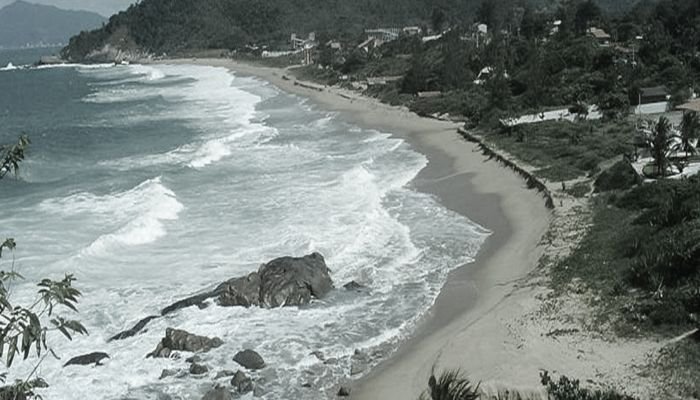The draft Coastal Regulation Zone (CRZ) notification 2018 issued by the Central government saw many marine scientists, biodiversity experts and stakeholders of the fisheries sector voicing concern about the impact on the coastal communities and ecosystems.
A consultative meeting organised by the Centre for Sustainable Environment – India Biodiversity Action (CSEIBA), a newly-formed think tank comprising experts from various sectors, said the proposed overhaul of the coastal zone regulations would promote commercialisation in the most protected zones instead of the mandated conservation, endangering the fragile coastal environment.
Participants at the meeting said the move to reduce the No Development Zone (NDZ) from 200 m to 50 m for the thickly populated CRZ-3 zones and permit construction of houses up to 50 m from the High Tide Line would lead to a rash of buildings along the coast and expose coastal communities to the fury of coastal hazards.
The meeting observed that permitting ecotourism activities such as mangrove walks and construction of tree huts would lead to the destruction of the fragile coastal ecosystem. however, temporary holdings required for sustainable beach tourism could be allowed to support the livelihood of local people.
The meeting stressed the need for States and Union Territories to prepare or update their respective coastal zone management plan (CZMP) by engaging experienced agencies and in partnership with local communities.






